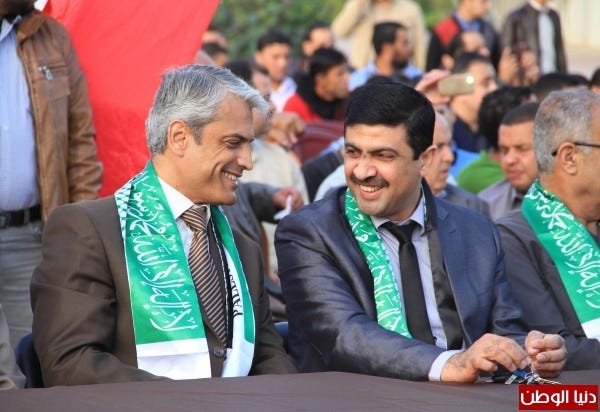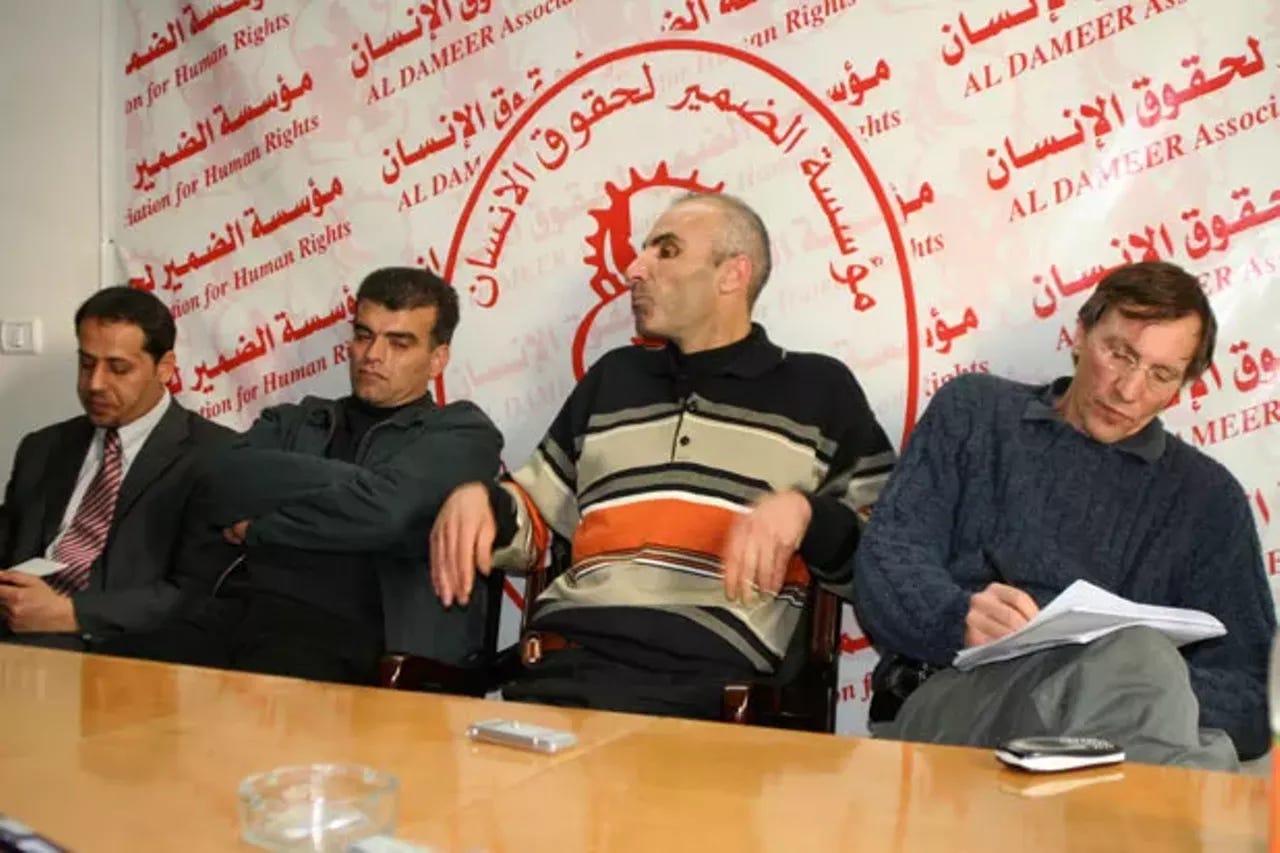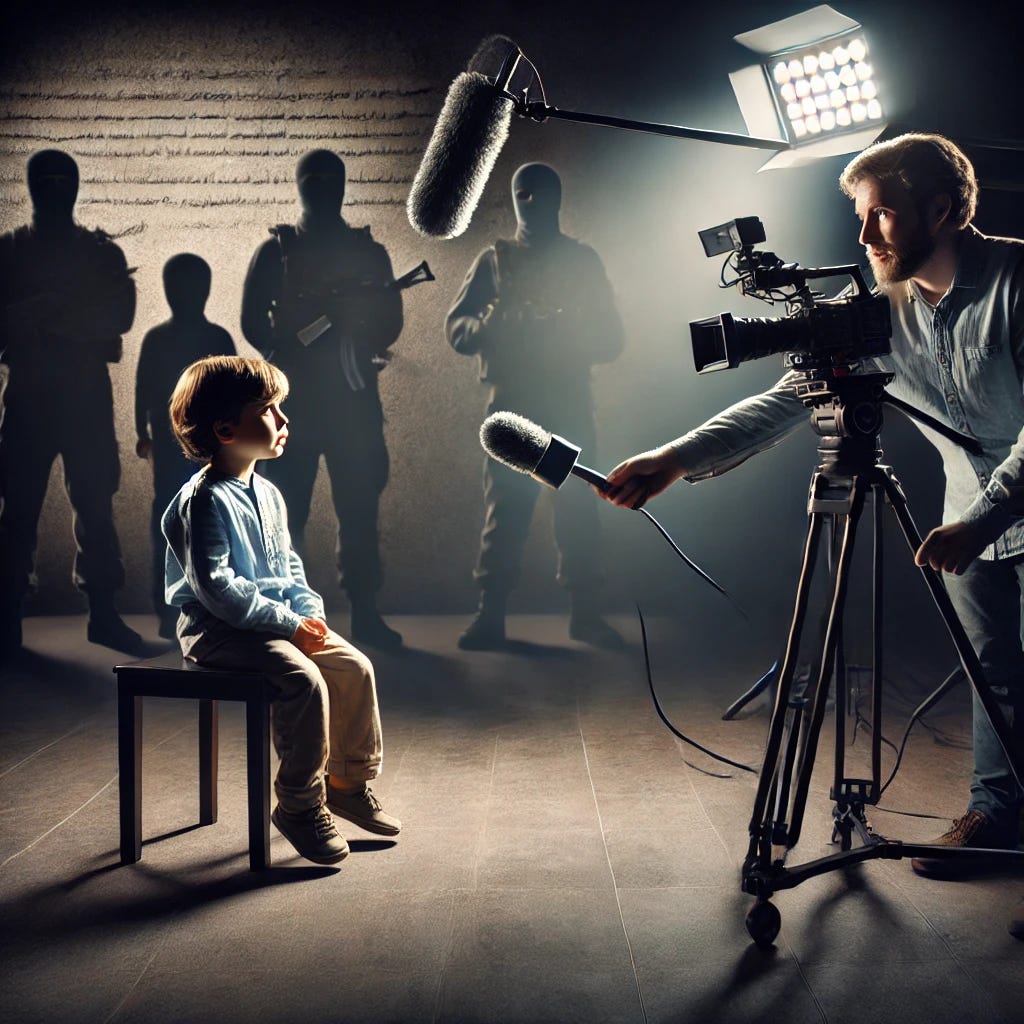BBC Documentary on Gaza Intentionally Obscures Connections to Terror Groups
A new BBC documentary about Gaza, "How to Survive a Warzone," was exposed for ostensibly trying to conceal the subjects' ties to Hamas and the PFLP
A BBC documentary on Gaza, "How to Survive a Warzone," has now come under scrutiny for allegedly concealing the backgrounds of some of its featured subjects who have ties to the PFLP and Hamas.
Investigative journalist David Collier's detailed exposé suggests that BBC staff may have deliberately manipulated the documentary to promote an anti-Israel narrative while disregarding the terror affiliations of those featured in it.
Allegations of Overlooked Terror Connections
One of the most disturbing aspects of the documentary that Collier revealed is the background of the narrator, Abdullah Ayman Eliyazouri. His family’s connections to Hamas were not disclosed in the documentary, despite his father, Dr. Ayman Al-Yazouri, serving as the Deputy Minister of Agriculture in Gaza’s Hamas-run government. A photo uncovered by Collier shows Ayman Al-Yazouri at a ceremony in Gaza wearing Hamas colors. Furthermore, his grandfather Ibrahim al-Yazouri was a founder of Hamas.

Similarly, Khalil Abushammala, initially introduced in a Channel 4 clip as Abdullah’s father, has been identified as the director of the NGO Al Dameer, which has documented links to the Popular Front for the Liberation of Palestine (PFLP). The PFLP’s official website even published a statement in support of Abushammala.

Collier’s investigation also uncovered social media posts by Abdullah’s father that praised Hamas terrorists who murdered Israeli civilians.
Questions about Key Personnel
Collier noted the issues with the BBC releasing a documentary co-produced by Jamie Roberts, who lacks knowledge of Gaza’s political landscape, and does not speak Arabic or Hebrew. On the night of Hamas’s brutal October 7 attack, Roberts was posting about a documentary on Ukraine, and did not mention the unfolding attack on Israel. This disconnect underscores some of the deep-rooted issues with the BBC’s editorial choices.
The documentary’s second producer, Yousef D. Hammash, has previously worked on anti-Israel content, a detail not highlighted in promotional materials. Before joining the BBC, he produced content for Channel 4 and worked with the Norwegian Refugee Council, an organization notorious for funding anti-Israel initiatives.
Concerns About the Documentary’s Cameraman
The documentary’s visual material was filmed by two local Gazan cameramen, Amjad Al Fayoumi and Ibrahim Abu Ishaiba (also known as Ebraheem Ateef). A deeper look into Al Fayoumi’s social media shows that he openly saluted the October 7 massacre. He has also posted a video montage of armed terrorists and captioned it, “Good morning revolutionaries of the earth from Gaza.”

Repeated Appearances of Gazan Influencers
Collier highlighted how, for a region with nearly two million residents, the BBC repeatedly featured the same individuals who have already appeared in international media coverage. The narrator, Abdullah Ayman Eliyazouri, was prominently featured in a Channel 4 piece under a different name. Similarly, Zakharia Sarsak, Renad Attallah, and Rana Salah have all been covered by multiple news outlets, raising questions about whether the documentary provides a truly diverse representation of voices from Gaza.
The BBC’s Collapse into Propaganda
The implications of these revelations are significant. If the BBC has aired a documentary without fully disclosing the affiliations of its featured subjects, it calls into question its editorial standards and commitment to impartial journalism. A thorough review may be necessary to assess whether it has met those standards.



